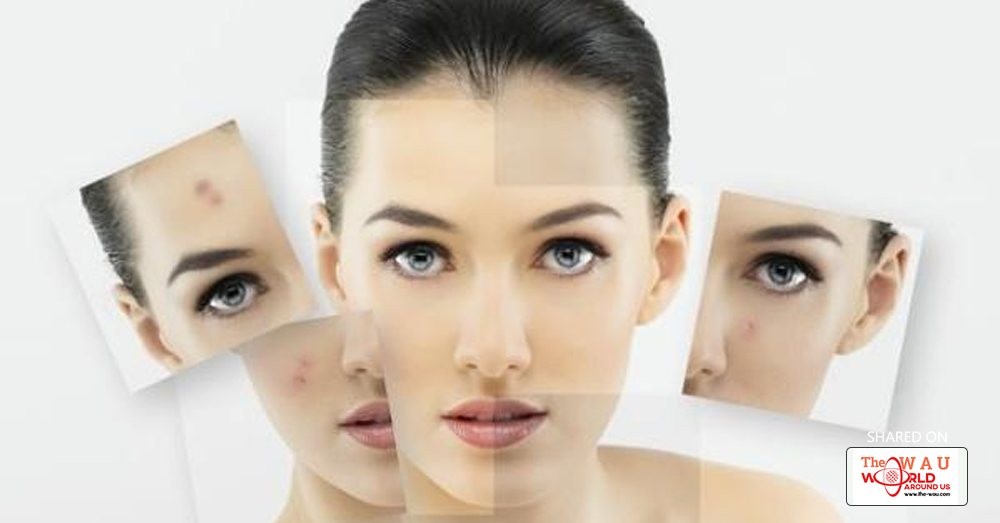Age spots, freckles, and other skin discolorations can crop up after too much time in the sun, hormonal shifts associated with pregnancy or birth control, acne, trauma to the skin, or—sadly—getting older. And while they can appear for a variety of reasons, they all have one thing in common: they’re difficult to get rid of. “You can work really hard at lightening dark spots, and then an hour in the sun unprotected can bring them back,” says Francesca Fusco, MD, a dermatologist at Wexler Dermatology in New York City.
A good sunscreen should be your first priority in preventing more spots and keeping any current discoloration from getting worse. But can you get rid of dark spots on your face? Yes, if you invest in a dark spot corrector. The most effective skin-lightening ingredient is hydroquinone, says Bruce Katz, MD, a dermatologist at JUVA Skin and Laser Center in New York City. Start with an over-the-counter corrector with 1% hydroquinone, he suggests, and apply it to the dark spots at night before your moisturize. Hydroquinone can be drying, but if the 1% formulation doesn’t irritate your skin, you can move up to a 2% OTC product, then 4 to 6% with a prescription. Dr. Fusco agrees, and recommends Tri-Luma Cream as a Rx option. “Hydroquinone is the gold standard for dermatologists’ treatment of dark spots,” she says.
Note, however, that hydroquinone may not be the best choice for everyone. "Overuse or incorrect use of hydroquinone, or too high of a percentage of it, could cause reactions, including over-lightening or inflammation, leading to further darkening," says Dr. Fusco. People with dark skin tones need to be particularly careful. What's more, people wary of chemicals may choose to steer clear. In 2006, the FDA reviewed new data on hydroquinone that showed it caused cancer in rats and mice after being swallowed, and recommended that the National Toxicology Program conduct additional studies to determine if there's risk to humans. These products are still available in the United States and widely recommended by dermatologists, but they're banned in the EU and Japan.
If you'd like to try a hydroquinone-free product, you still have plenty of options. Look for ingredients like salicylic acid, alpha hydroxy acids, vitamin C, arbutin, lignin peroxidase, kojic acid, licorice or bilberry, says Dr. Fusco. “All dark spot treatments work by peeling to reveal lighter skin, or shrinking or de-clumping the pigment cells,” she says.
The products below feature derm-approved ingredients that can help improve your skin’s coloration. Try them out, watch the skin-evening ingredients go to work, and kiss your dark spots goodbye
...[ Continue to next page ]
Share This Post















